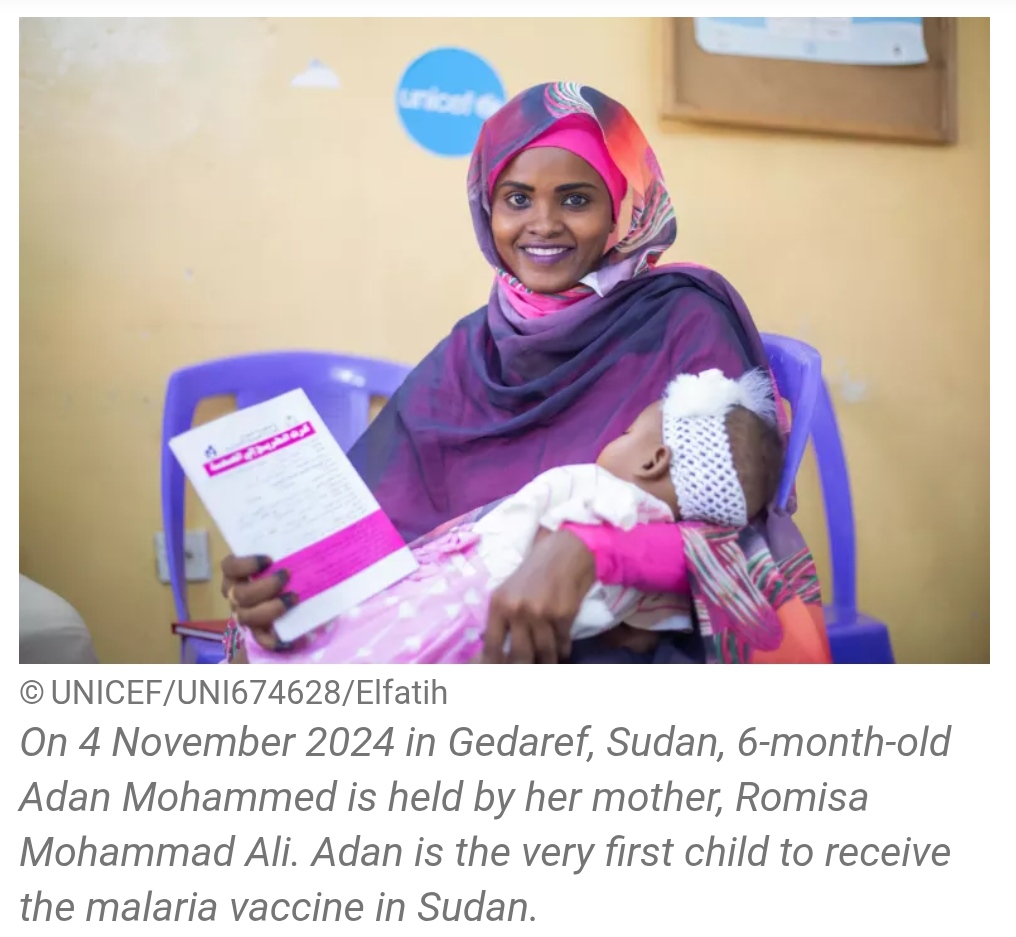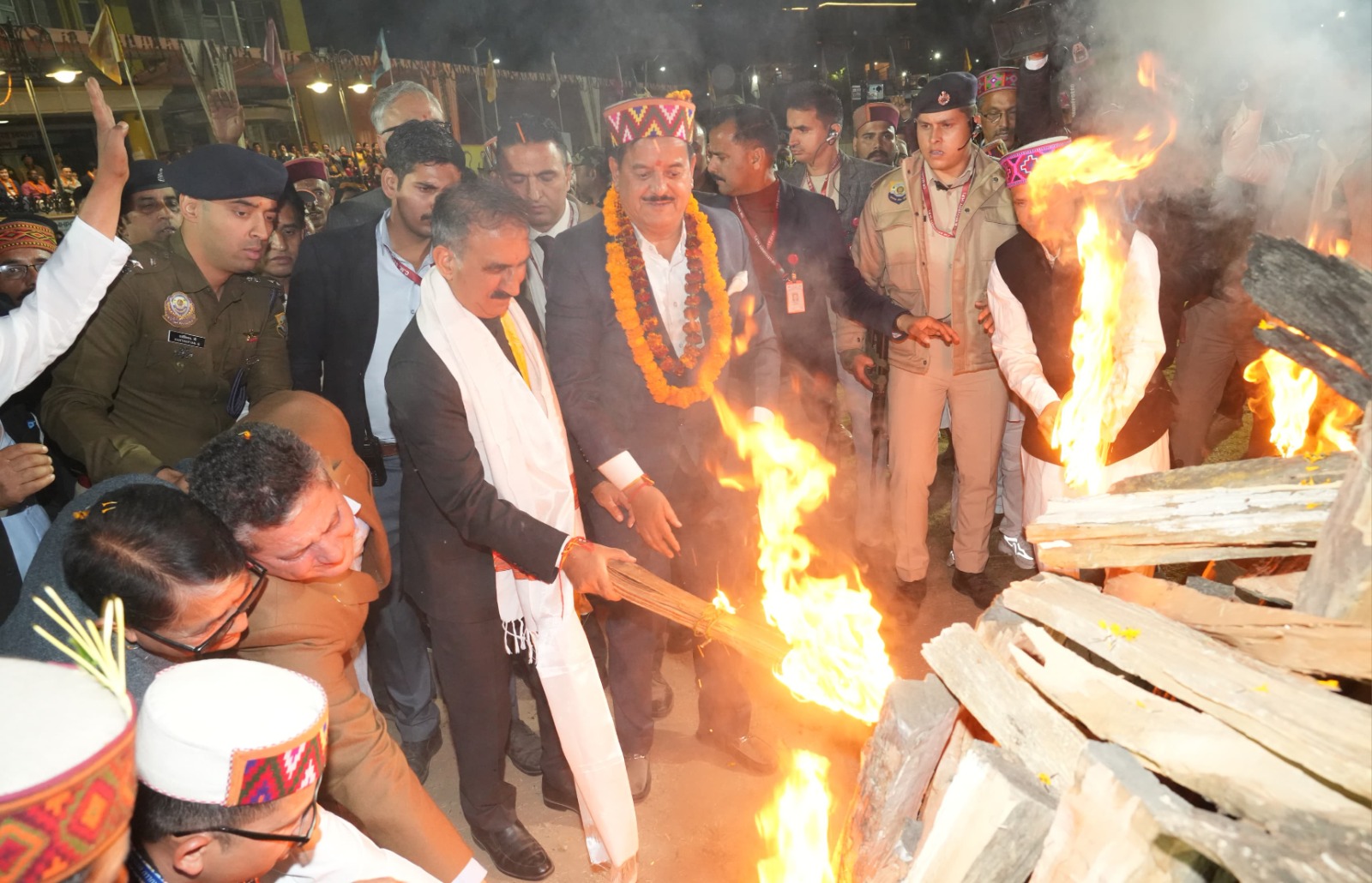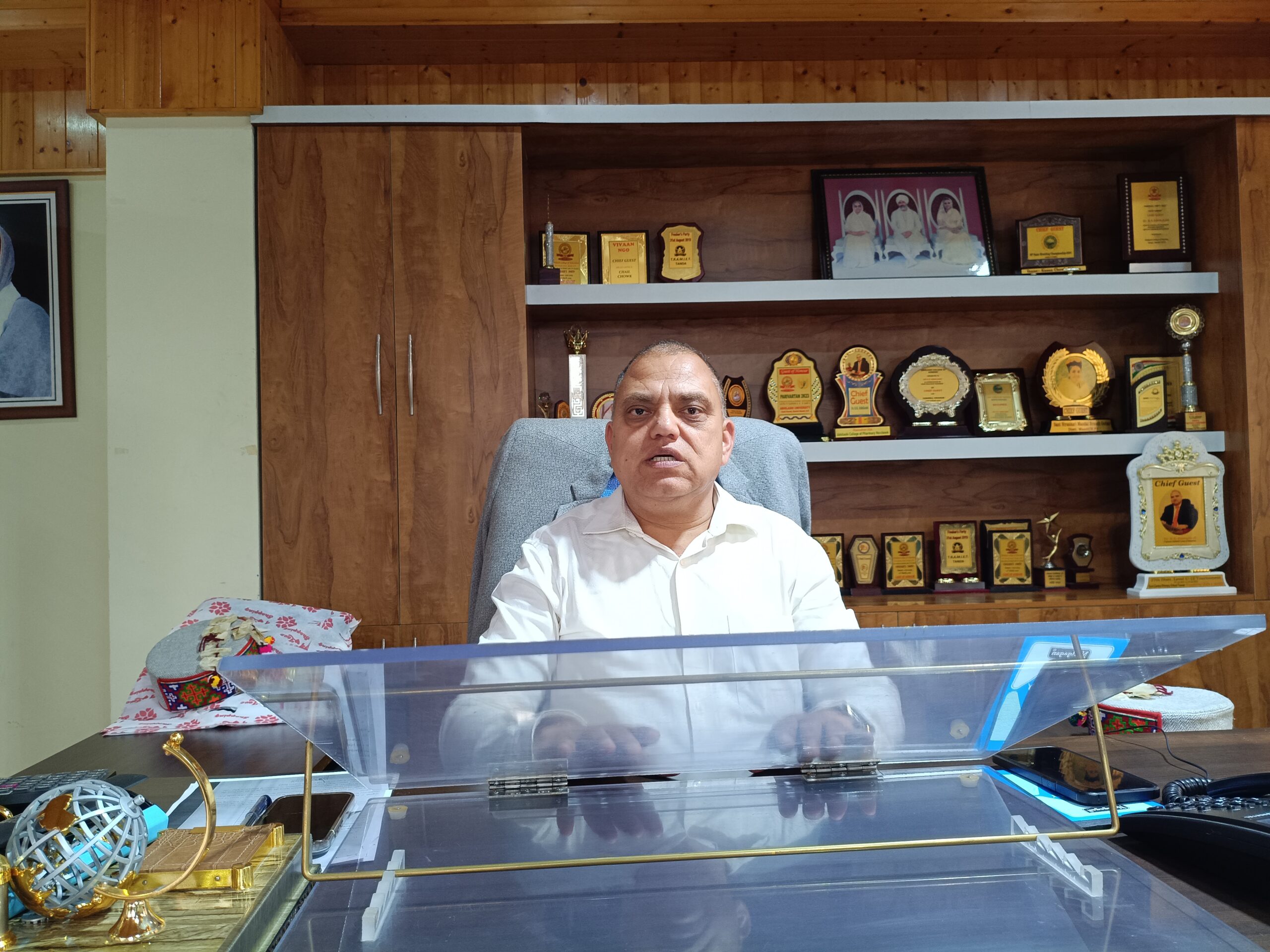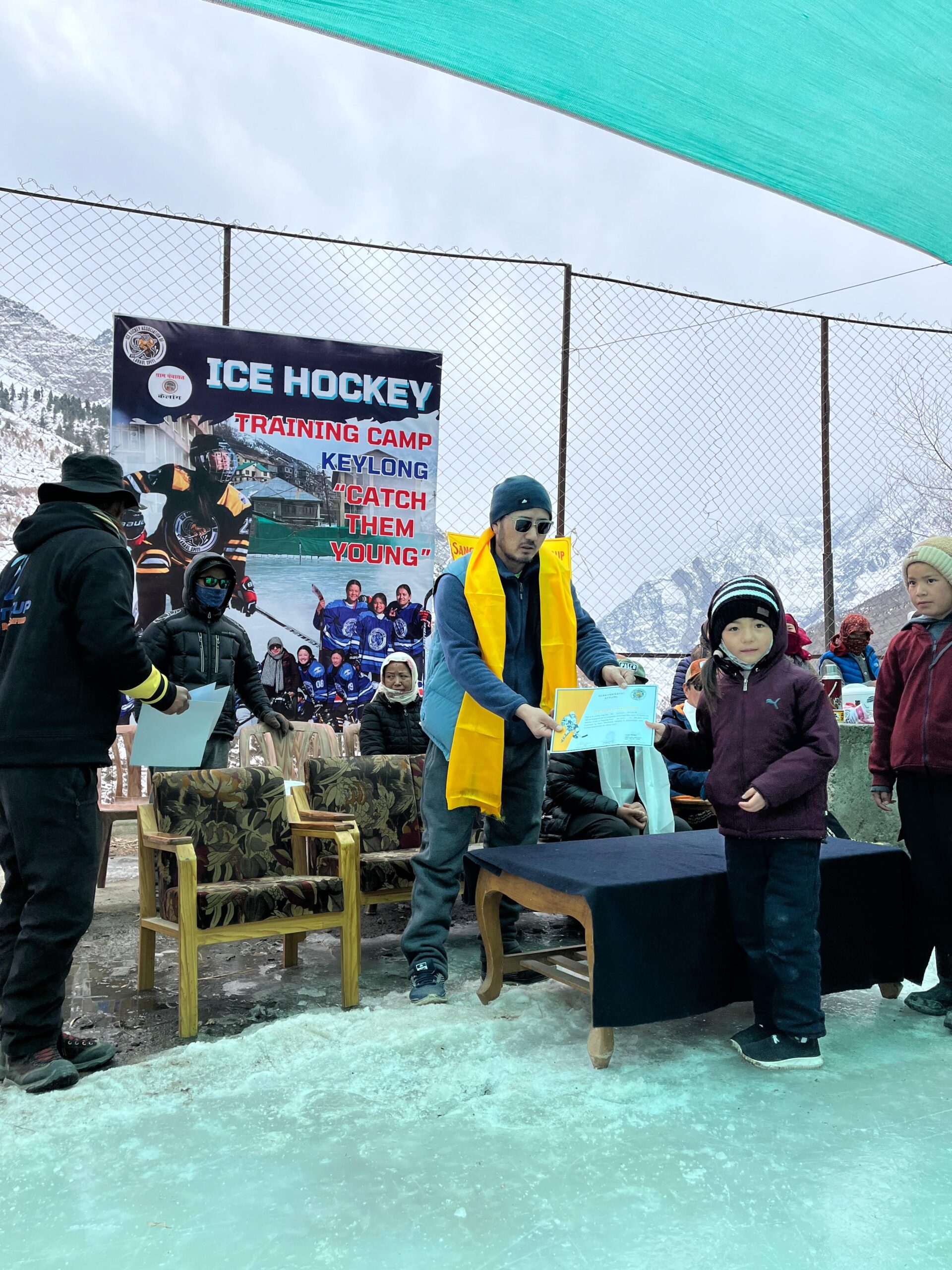UNICEF Steps Up Efforts as Cholera Outbreak in Sudan’s White Nile State Threatens Thousands of Children.
PORT SUDAN:
A devastating cholera outbreak in Sudan’s White Nile State has affected at least 2,700 people since January 1, 2025, with over 500 of the cases involving children. Health authorities have reported at least 65 deaths, including ten children. The outbreak, exacerbated by ongoing conflicts and infrastructure damage, has prompted urgent action by UNICEF and humanitarian partners, as they work alongside Sudan’s Federal Ministry of Health to contain the spread and protect vulnerable children.
The situation worsened on February 16, when attacks on power plants led to a major power outage, disrupting water supply in the localities of Kosti and Rabak. As a result, many families have resorted to collecting untreated water from the White Nile River, increasing the risk of waterborne diseases like cholera.
The outbreak is being fueled by a lack of access to safe water, poor sanitation, and limited vaccinations, especially in overcrowded displacement sites and refugee camps across the state. White Nile State is home to roughly 650,000 internally displaced people (IDPs) and 400,000 refugees, and the movement of people across the border with South Sudan is making it more challenging to control the spread of the disease.
Cholera is a potentially fatal disease that can kill within hours if not treated promptly, especially in children. UNICEF Representative to Sudan, Sheldon Yett, emphasized the urgent need for action: “The continued destruction of critical humanitarian infrastructure has left no child safe in this war. If children are denied access to clean water, hygiene and sanitation services, as well as information on preventing the spread of cholera, the outbreak will unfortunately continue.”
In response to the crisis, UNICEF has stepped up efforts in Kosti, where an estimated 292,000 children are at risk. The agency has provided fuel and water treatment chemicals to support the operation of the primary water treatment plant, ensuring access to safe drinking water for around 150,000 people. UNICEF and its partners are also distributing lifesaving water, sanitation, and hygiene supplies in affected areas, as well as engaging local communities through dialogues and social media to raise awareness about the causes, symptoms, and prevention of cholera.
On February 21, the Sudanese Ministry of Health, World Health Organization (WHO), and UNICEF launched a six-day cholera vaccination campaign targeting Kosti and Rabak. The campaign aims to reach over 1 million people with oral cholera vaccines. In addition, UNICEF has supplied cholera treatment kits and is supporting the deployment of frontline health workers to Cholera Treatment Centres to strengthen treatment efforts. The agency is also training public health officers on infection prevention and control, as well as educating community members to monitor the situation on the ground.
“Disease outbreaks, such as this surge of cholera, can push the already fragile healthcare system and weakened sanitation and hygiene infrastructure to their breaking point,” said Yett. “While we invest in responding to this emergency now, we must also invest in strengthening the systems that underpin the services children need.”
As the cholera outbreak continues to threaten the lives of thousands, UNICEF and its partners remain focused on providing immediate relief while advocating for long-term improvements to Sudan’s healthcare and sanitation systems, which are vital for protecting children and communities in the face of ongoing conflict.




